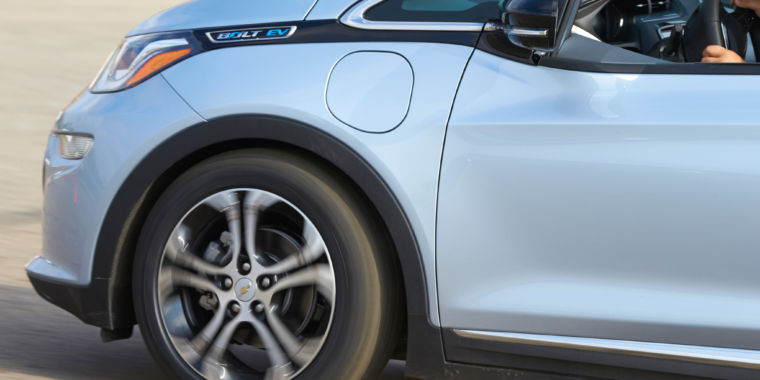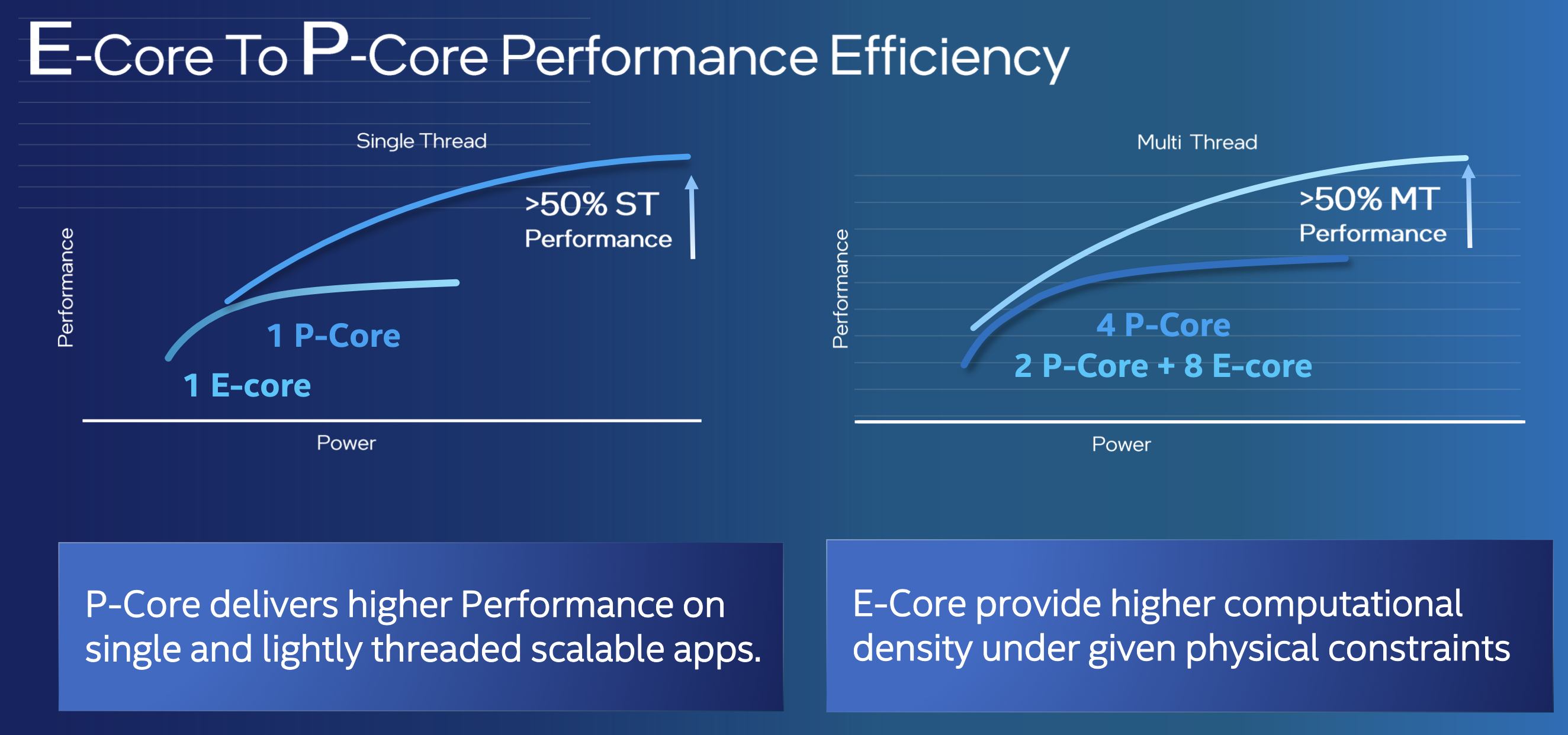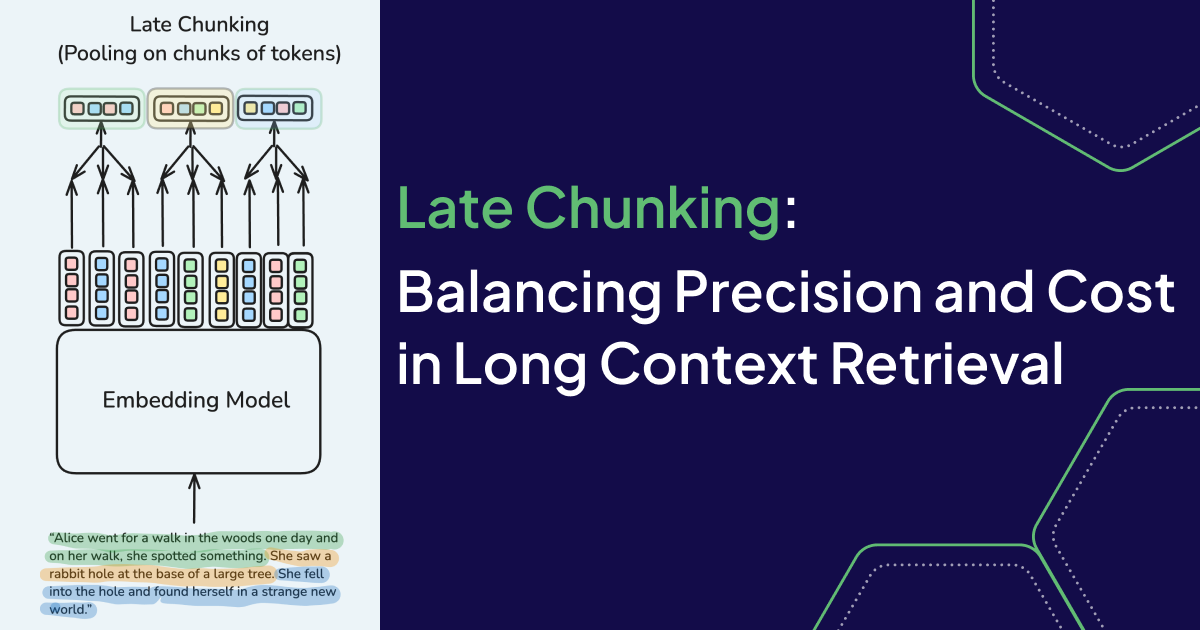
New study shows: EV batteries last much longer than expected
While diesel cars run and run, electric car batteries quickly break down and turn the expensive new car into a complete financial loss - statements like these can be found on social media repeatedly. P3 now analysed data from more than 7,000 electric cars, providing insights into real battery ageing. And the field data paints a whole different picture.
Sometimes it’s about child labour in cobalt mining, then it’s about range anxiety or the collapse of the power grid if all electric cars charge at the same time – the internet is full of false statements and half-truths about electric cars and their batteries. As soon as one topic is refuted with facts or made obsolete by longer ranges and better charging networks, the next rumour is spread. One of these myths is battery ageing: used electric cars will be almost impossible to sell as the battery ages quickly, loses range and, in the worst case, has to be replaced – supposedly.
Like so many myths, the one about battery ageing has a kernel of truth – batteries age in two ways. So anyone who wants to find out more about electric cars will sooner or later come across such stories. One thing is clear: the battery is the most expensive component of an electric car, which is why the legitimate question arises as to how this affects the residual value of the car or how often electric car batteries actually need to be replaced and what financial consequences this has.






















